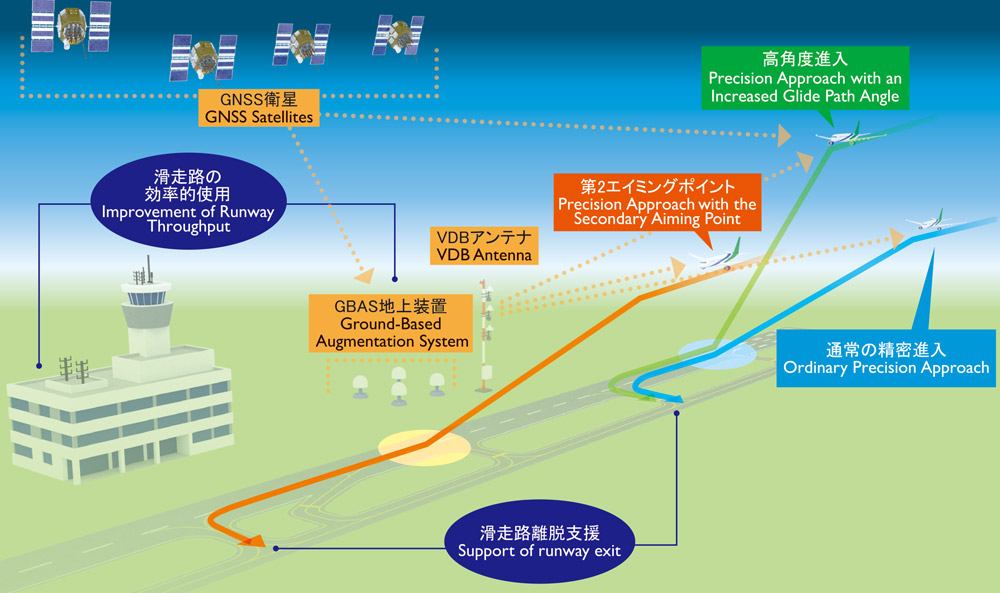Study on Trajectory Coordination Considering Meteorological Information and Air Traffic Flow
Globally harmonized air traffic systems will be essential in the future to ensure cooperative planned trajectory coordination prior to departure. Accordingly, research and development on efficient and optimal trajectory coordination considering forecast weather, aircraft operation, and airspace capacity are expected.
In this study, we are developing a trajectory generation algorithm that considers significant weather avoidance and air traffic flow control by adding altitude change to a significant weather avoidance model and using predicted airspace congestion for congested airspace avoidance. We are also developing and evaluating a method for estimating airspace capacity that will reflect uncertainty caused by significant weather.
The method will use data including flight trajectories and air traffic controller system input records, and will incorporate a model that predicts airspace capacity changes from forecast weather.
